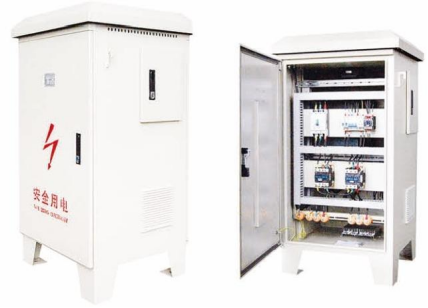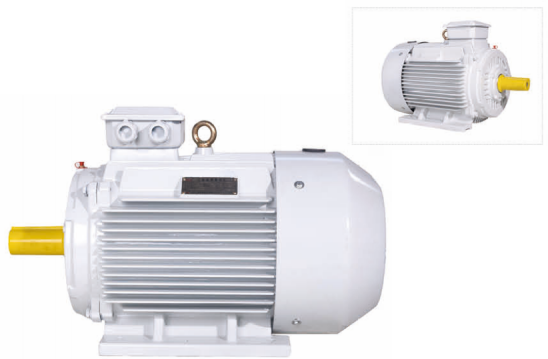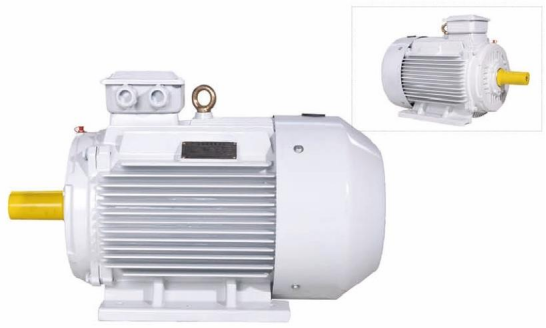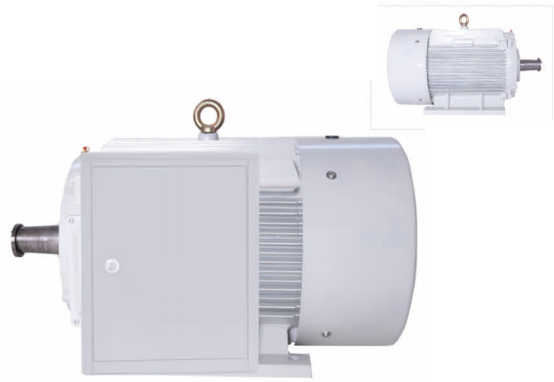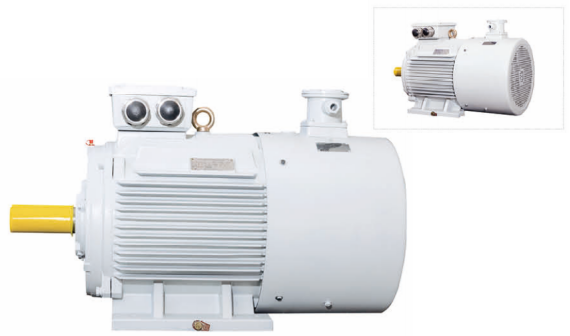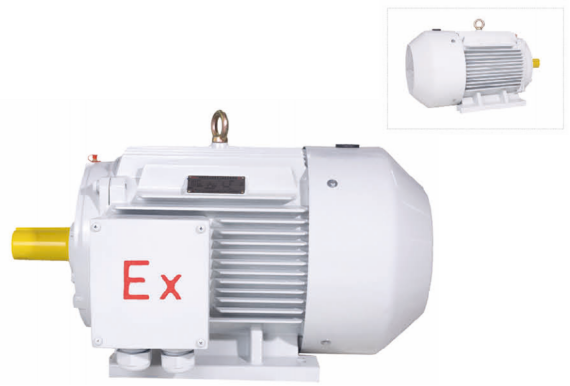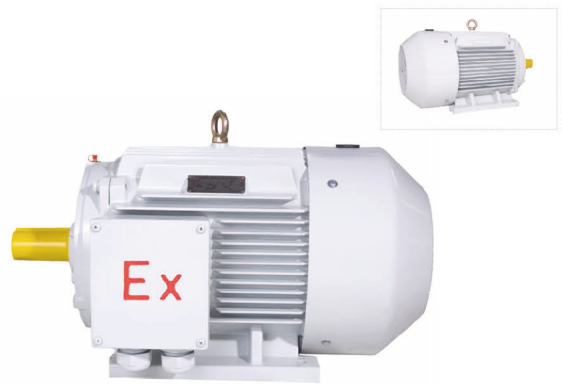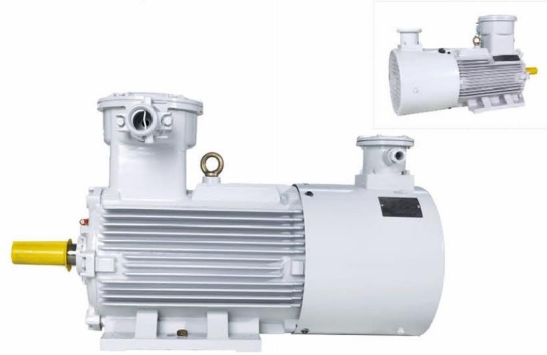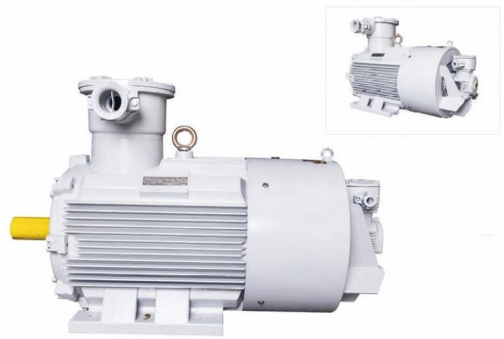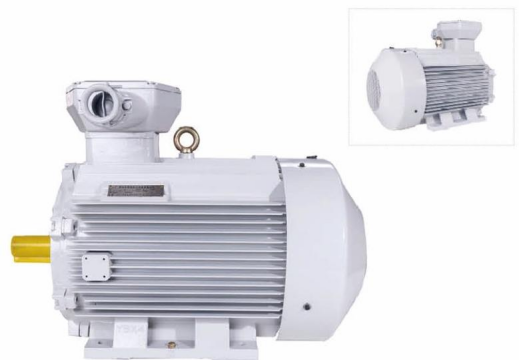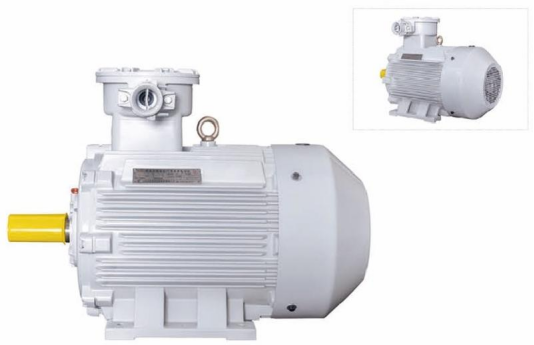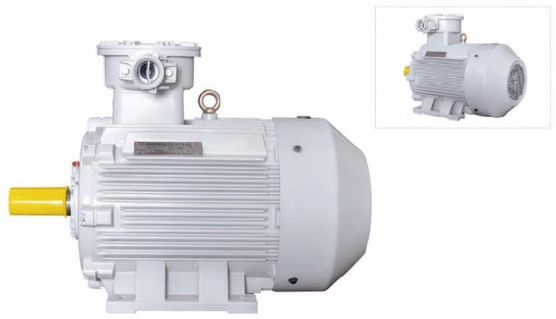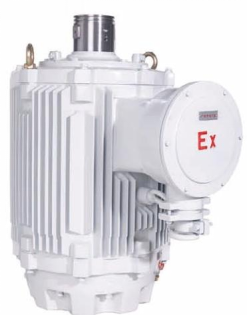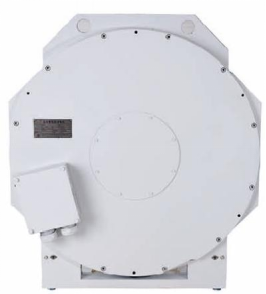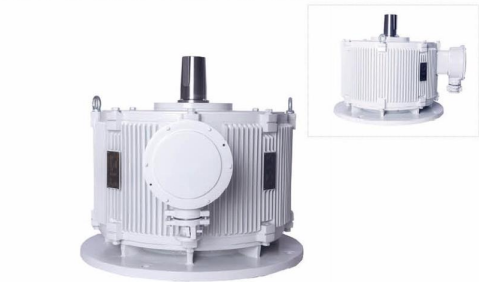Wedoany.com Report-Apr. 7, The UK successfully completed the second shipment of high-level radioactive waste, known as vitrified residues, to Germany. This shipment, comprising seven flasks, each containing 28 containers of radioactive waste, arrived at the interim storage facility at the Isar nuclear power plant in northern Germany. The transport began with the flasks traveling by rail from Sellafield in Cumbria to the port of Barrow-in-Furness, where they were loaded onto the Pacific Grebe, a nuclear transport vessel operated by the UK’s Nuclear Transport Solutions (NTS). The vessel arrived at the German port of Nordenham, where the waste was transferred to railway wagons on 1 and 2 April. Subsequently, the containers were transported by rail to the Isar federal storage facility, completing their journey on 3 April.
One of the flasks being unloaded at the port of Nordenham
The interim storage operator, BGZ Gesellschaft für Zwischenlagerung mbH, will process the waste. Markus Luginger, head of the Isar interim storage facility, highlighted that this marks the conclusion of a significant project, emphasizing the importance of security and preparation. Germany’s Federal Office for the Safety of Nuclear Waste Management (BASE) recently licensed the storage of vitrified waste at the Isar facility, which can hold up to 152 casks. However, it will hold 28 fewer casks than originally planned, including the current shipment.
This shipment follows the first delivery of six flasks, each containing 28 containers, to Biblis in 2020. Jonathan Clingan of Sellafield Ltd noted the successful delivery as a key milestone in the UK’s commitment to return waste to overseas customers. Mark Knott of PreussenElektra expressed confidence in the upcoming shipment to Brokdorf, scheduled for next year.
In addition, France’s Orano completed the final rail shipment of vitrified high-level nuclear waste to Germany, marking the end of a 13-year processing project. This operation involved the La Hague plant at Orano, which processed 5310 tonnes of used fuel up to 2008, ensuring the safe return of waste as per intergovernmental agreements.
